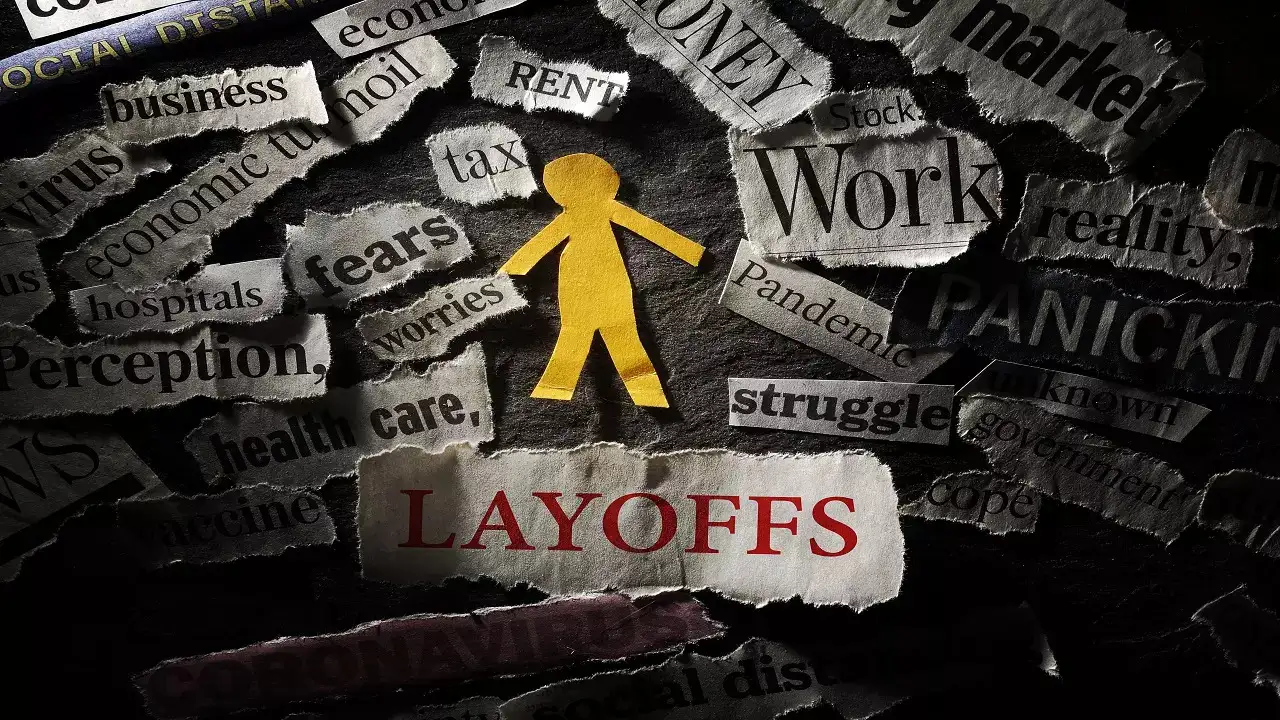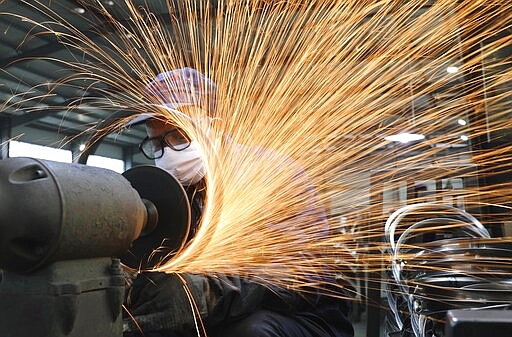Copyright timesnownews

The world’s biggest technology players are facing a reckoning. What began as isolated cost-cutting measures has turned into a global wave of layoffs reshaping Silicon Valley and beyond. From Seattle to Bengaluru, tens of thousands of tech professionals are finding themselves without jobs as companies tighten their belts in 2025. Data from Layoffs.fyi paints a stark picture: 218 tech firms have trimmed their headcounts this year, cutting a total of 112,732 roles. The reasons, executives say, are familiar yet formidable: the rapid rise of artificial intelligence, slowing economic growth, and a collective push to run leaner, more efficient operations. Among the biggest names leading this reset are Amazon, Intel, Cisco, Tata Consultancy Services (TCS), among other giants now redefining their workforces across IT services, consulting, and manufacturing in a bid to adapt to the new tech era. Major Players And Their Big Moves Amazon is eliminating as many as 14,000 corporate positions, nearly 4 per cent of its corporate workforce, across units such as cloud, operations and HR. Leadership cited earlier over-hiring, AI investment and a drive to “run the company like the world’s largest startup.” Many impacted employees will be given about 90 days to look for internal opportunities. Intel is planning to cut about 24,000 jobs in 2025, around 22 per cent of its workforce, as it restructures amid a global slump in PC demand and fierce competition in chips. Cuts span the US, Germany, Costa Rica and Poland, with a heavy impact in California and Oregon. TCS, India’s largest IT exporter, recorded its steepest job cuts yet, 19,755 roles in the quarter ending 30 September 2025, bringing its employee count below 600,000 for the first time since 2022. The company says the reductions focus on mid- and senior-level employees where there is a “skill and capability mismatch.” Service Firms And Start-ups Also In The Crosshairs Consulting and IT services firm Accenture has announced thousands of job cuts as it pivots to AI-led offerings and adapts to changing client needs. CEO Julie Sweet noted many roles simply couldn’t be reskilled for the new business model. The total workforce dropped from about 791,000 to 779,000 as of the latest update. Meanwhile, Salesforce cut 4,000 customer-support jobs as part of a move toward AI-driven interactions. CEO Marc Benioff said plainly: “I was able to rebalance my headcount on my support. I reduced it from 9,000 heads to about 5,000 because I need fewer heads.” He explained that Salesforce’s AI now handles about half of all customer conversations. And at Cisco, roughly 4,250 roles (around 5 per cent of the workforce) are being cut as the legacy hardware maker shifts toward software, cloud networking and cybersecurity-driven business. What To Watch Going Forward Companies such as Microsoft (which laid off about 9,000 people) and Meta Platforms (which cut 600 staff from its AI unit) show that this restructuring touches all segments, including consumer tech, enterprise services and AI research. One internal memo at Meta noted: “By reducing the size of our team, fewer conversations will be required to make a decision, and each person will be more load-bearing and have more scope and impact.” Meanwhile, the global tech industry continues to grapple with waves of layoffs, reflecting deep uncertainty and shifting priorities across the sector. Once known for aggressive hiring and record growth, major tech firms are now tightening budgets, automating roles, and restructuring teams to focus on profitability over expansion. Thousands of employees, from engineers to support staff, have faced sudden job cuts amid slowing demand, rising operational costs, and the rapid integration of artificial intelligence tools.



